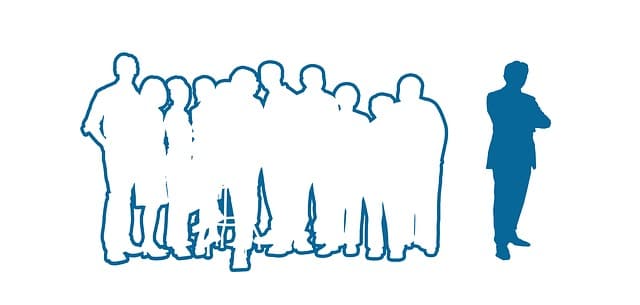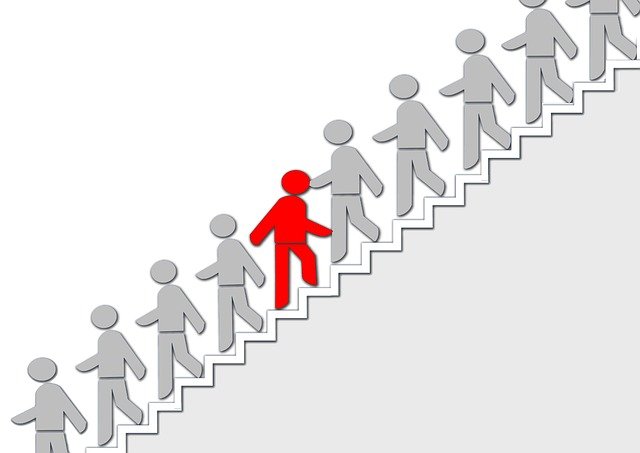
The individualistic person is often considered selfish.
A person is said to be an individualist when he or she is prone to individualism or a supporter of this tendency. Likewise, individualism consists of independent thought and action, without depending or thinking about other subjects and remaining alien to general norms .
As a philosophical trend, individualism defends the supremacy of individual rights over the rights of society and the authority of the State .
A philosophical, moral and political position
Individualism, therefore, can be considered as a philosophical, moral or political position . And those people who find themselves within this way of understanding life will seek to satisfy their own objectives with self-sufficiency and independence , opposing external interventions about their personal options. That is why they are against the authority of institutions over their individual freedom.
As we can clearly discern from its name, the individual is the center of individualism, as occurs in other doctrines such as liberalism or anarchism . This means that the individual is the elementary unit of a system . Each individual (unit) is different and has its own particularities and capabilities.
There is another concept known as methodological individualism and it is a philosophical current that is responsible for studying this type of life in a profound way. For those who lean towards this thinking, all social phenomena can be explained from individual elements. In other words: the actions and beliefs of individuals explain the evolution of society.

It is common for the individualist to defend his freedom, rejecting external mandates.
The individualist and selfishness
Although at first glance this way of living may be striking and authentic, in general the systems try to break people so that they understand that thinking for themselves and seeking their own benefit is a despicable act.
Anything that approaches selfishness is understood as a lack of solidarity and camaraderie . However, it is necessary to say in favor of this way of living that individualistic people do not necessarily act with despotism : many only understand that they cannot relate to the world in the same way that they see that others do and opt for a remote life. of the conglomerations, pursuing their own dreams without wanting to feel part of a group .
At this point we can say that individualism can reflect an ethic of liberation and self-realization (if understood positively), or an arbitrary act of lack of solidarity (if carried out in a despotic and inconsiderate manner towards the rest of the people). people).
Despite the above, most people tend to despise those who try to live in a liberated and authentic way. Therefore, in everyday language, people who could be categorized as individualists are usually valued negatively, since it is believed that they think only of themselves and do not feel any compassion for those around them . Some examples in which this way of understanding the concept is used are: "I can't believe that you are so individualistic and that you have already spent our savings on something that only you like" , "He is a very skilled player, but too individualistic." » .
Leeway
We live in a society in which we are taught to forget about ourselves and give more importance to what others want . We get used to speaking in a certain way so as not to hurt other people's feelings (even though we are depriving ourselves of saying what we think, hurting our own feelings) and to comply with a certain number of obligations that do not represent us (forgetting what we really want to do). .
We live in a society in which they try to instill in us to forget our desires and be mere cogs in the system. However, we always have time to change this: standing up, loving yourself cannot be considered a despicable act .
